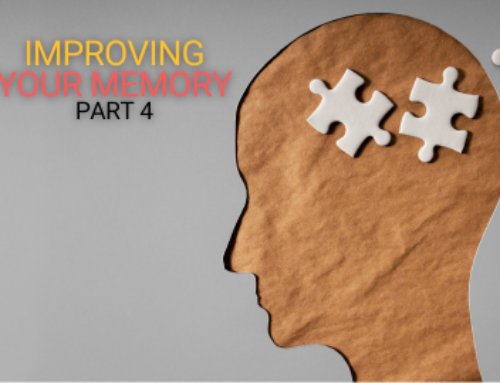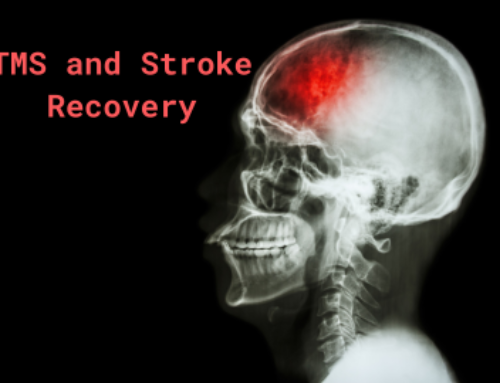In Our Dreams
Dreams are inextricably connected to sleep in our collective memory and culture. Dreams are known as a source of inspiration, evidence of memory, even religion and tradition. We dream during REM sleep, one of the stages of sleep. “REM” means rapid eye movement, with which we “watch” our dreams.
But why do we dream? What biological purpose do dreams serve? Generally, science’s best answer is that dreams help us sort, analyze, and store information. Our dreams are a sort of byproduct of our information processing centers working while our sensory input is limited. While we dream, our brains are deciding what information to retain and what to throw out. An important part of brain activity during dreaming is aligning new information with existing information. This might be an explanation for recurring dreams, especially the ones about something we fear or something we want.
A fascinating theory on why we dream is rooted in the evolution of human consciousness. Our advancing brains need time to process all the information we take in, but there is a danger to humans’ amazing neuroplasticity. While sleeping, many of the sensory processes we use during wakefulness shut down, leaving them vulnerable to takeover by other parts of the brain. To avoid this, the “defensive activation” theory posits that the brain leaves the visual cortex switched on while the eyes are closed and see nothing of the world around them. It is notable that blind or partially sighted individuals’ visual cortices have been taken over by other parts of the brain, and their dreams contain more stimuli like sounds or movements.
There’s still so much we don’t understand about what the brain does while we sleep, but we’re going to stay abreast of scientific breakthroughs so we can continue to offer the finest mental health treatment possible.
An enduring question about dreams is, do they mean anything for our future? Should we follow any feelings or directions our dreams give us? You’ll have to use your best judgment on that one. After all, our dreams are partly a reflection of what our minds are processing. On the other hand, much of dreaming can be attributed to physical interactions with ourselves.
If you’re experiencing sleep disturbances, talk to your doctor first. They can make referrals to resources like a sleep lab. There are all kinds of things that influence sleep, like what you eat, your hormones, recent experiences, circadian rhythm, exercise, etc., and those in turn influence your dreams. You can also come see us for a metabolic workout. Contact us on our website or call (585) 442-6960.





